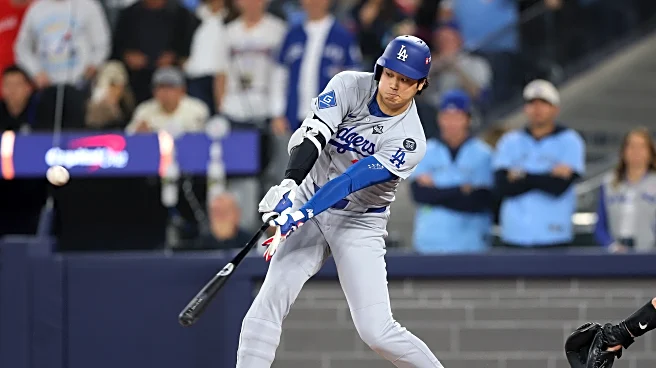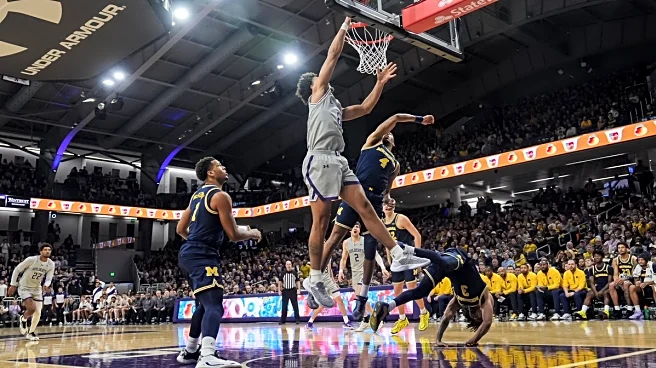See a picture multiple times, try looking at it from a different angle, and you might find something that you missed. As the Dodgers prepare to play a winner-take-all game for the chance at repeating as
World Series champs, one aspect of this game stands out. To truly grasp why, we mustn’t simply look at the Dodgers’ side of things but attempt to get a broader view of the situation.
Much has been said of this offense’s inability to meet expectations for the better part of this postseason, which feels strange to say of a team one win away from winning it all. What it does is reinforce how massive the starting pitching has been to help get them this far. It’s undeniable that the lineup has underwhelmed for a rather large sample, and that acknowledgment affects how most Dodger fans felt watching these last two games in particular.
The Blue Jays have out-hit the Dodgers 17 to 8 since the start of Game 5, and it took timely hitting and outstanding pitching for Los Angeles to survive Game 6. When you accumulate four hits over nine innings, not a whole lot worked offensively.
However, these recent performances are not analyzed in a vacuum. What makes the criticism and concern poignant is that they’ve been going on for a while now. And what’s particularly significant about these last two games is that, for all the focus we can have on the Dodgers’ struggles, the two best starters for the Blue Jays delivered dominant performances. Trey Yesavage and Kevin Gausman pitched so well that they could’ve feasibly dominated even red-hot offenses, and not whatever the Dodgers are right now. Yesavage broke the record for most strikeouts by a rookie pitcher in the World Series (12), and Gausman allowed fewer than one baserunner per inning while inducing 15 whiffs on his splitter alone.
Against Yesavage, the Dodgers could only muster one solo shot as Kiké Hernández punished a mistake fastball, and facing Gausman, the Dodgers managed to hurt him as much as possible in the only inning he allowed baserunners. Gausman retired the Dodgers in order in all other five innings he pitched.
For Game 7, the Dodgers will roll out the same offense that’s struggled for a lot of this postseason—they’ll do so without necessarily the threat of an overpowering starting pitching effort, such as they experienced in these past two games.
Max Scherzer will take the ball for the Jays, and there is a very likely chance Shane Bieber will also cover some innings, these two being the other starters in Toronto’s rotation, against whom the Dodgers really also didn’t do that much damage. What changes, though, is that what might be interpreted as a good outing from Scherzer and even both of these guys does not line up with the dominance of recent performances from Yesavage and Gausman. Even a poll of Blue Jays fans would probably attest to that.
This guarantees nothing apart from a likelier chance that the Dodgers’ offense will get more opportunities to deliver in the clutch. As solid as they were in their two starts, Scherzer and Bieber allowed a total of 13 baserunners in 9.2 IP during the World Series. This is more than enough for Los Angeles to get the type of chance they only had in one inning against Gausman in Game 6.
It’s hard to proclaim much of an advantage in the game when there is one gigantic question mark in how Shohei Ohtani, Blake Snell, and Tyler Glasnow will react, pitching in unfamiliar territory on short rest. It’s just a tentative optimism about the challenge in store for the Dodger offense in comparison with the most recent two games.
As it is all hands on deck time, we mustn’t forget that the Jays could feasibly call upon their rookie sensation, Yesavage, for a short appearance in the late innings if the situation is drastic enough. Between that and an incredibly well-rested Jeff Hoffman, it oddly enough might be easier to do damage early.











